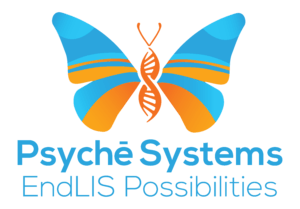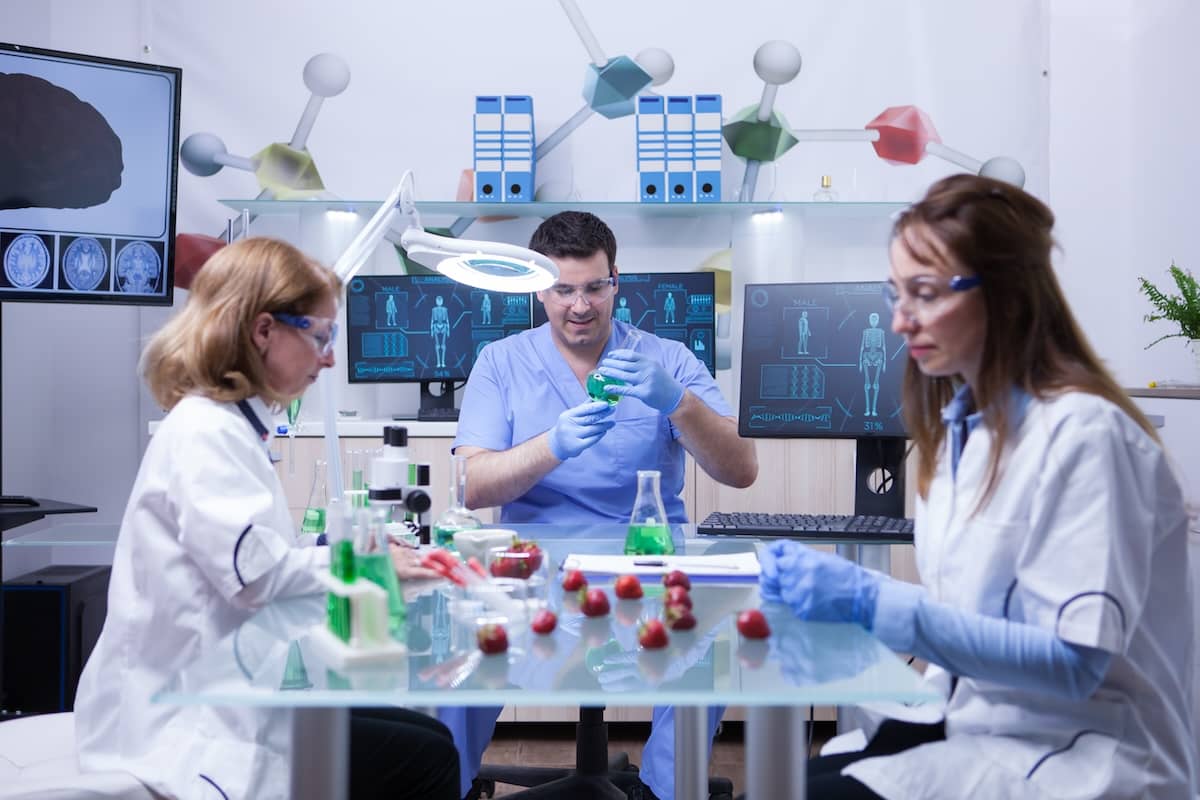All successful companies understand that scaling is essential for growth, regardless of the market. While evaluating growth potential can be difficult, it is vital to get an accurate picture of the financial resources needed to stay competitive. This challenge becomes particularly evident when scaling Laboratory Information Systems (LIS) software for the molecular testing market.
When market analysts project compound annual growth rates ranging from 6.2% to 13.5%, how do laboratories prepare to scale? Where should they invest their resources? Given budgetary constraints and workforce limitations, how can they optimize their complex workflows, integrate multi-modal data sources, and deliver timely results?
Specialized test labs need solutions that will allow them to work more effectively and efficiently through intelligent workflow automation. LIS software can help labs track and store test requirements and results across multiple modalities and help configure optimized workflows to deliver comprehensive patient data to meet rigorous quality standards.
Hidden Complexities of Specialized Laboratory Growth
Specialized laboratories, such as genetic, molecular, pathology, and gastroenterological, use multimodal testing methods to evaluate patient test results. Combining data from clinical records, medical imaging, and patient history with specialized testing gives medical professionals a holistic view of a patient’s health.
However, tracking and storing test samples can be challenging. Large volumes of genetic data can be overwhelming, requiring specialized storage and analysis methods, including computational infrastructures capable of processing large datasets. With such a large volume of data, meeting regulatory requirements becomes problematic without automated workflows. Manual processes will struggle to meet regulatory requirements for quality results and patient privacy. Scaling manual processes is time-consuming, labor-intensive, and error-prone.
Breaking Barriers With LIS Software
As a diagnostic tool, genetic testing provides healthcare providers with more accurate data. However, genetic testing technology has limitations, such as data complexity, regulatory compliance, and data management. Automating processes can improve response times and facilitate scaling when needed.
As data volumes increase, managing them for secure storage and authorized retrieval becomes more challenging. Automated workflows integrated with LIS software can help ensure that test results are stored securely and that only authorized personnel can access them. Workflows can also incorporate secondary evaluations of test results to minimize misinterpretation of complex data from a single source.
Regulatory agencies struggle to implement standards that keep pace with advancing technology, and laboratories may inadvertently fall out of compliance. Automated LIS systems can ensure that procedures, documentation, and reporting comply with the current standards issued by the Centers for Medicare and Medicaid Services (CMS) as part of their Clinical Laboratory Improvement Amendments (CLIA) program.
Building Specialized Lab Ecosystems
Business ecosystem refers to independent partners working together to deliver integrated products or services. Healthcare appears to fit this definition but often fails to provide frictionless access, improved quality, and lower costs, which are essential to a healthy business ecosystem. Labs can approach scaling by creating their own ecosystems. The following steps can help labs scale by creating an ecosystem:
Identify Friction
Thriving ecosystems address existing frictions. Clinicians and patients face multiple reports from different specialty labs without context for interpretation. LIS software interfaces between collaborating laboratories could facilitate the exchange of test results to deliver a more contextualized report.
Identify Partners
Successful partnerships are essential for an ecosystem to exist. Laboratory partnerships could form a referral network for specialized testing. This network would leverage the capabilities of its members to offer medical professionals a centralized source for advanced testing.
Identify an Orchestrator
LIS software becomes the conductor of a specialized lab’s ecosystem. Technology becomes the orchestra that allows for secure data exchange. LIS software allows for integration with external customers, such as genetic counseling services, for faster results. An integrated network can also deliver test results seamlessly to the patient and medical professional at a lower cost.
Increase Scale
An ecosystem should scale before expanding its scope. For genetic testing, the infrastructure must be able to support increasing data volumes while delivering quality results that comply with regulatory standards. Ecosystem participants must ensure that their laboratories can respond to growing market demands. They must also plan for new testing methods that may consume more resources so they can seamlessly scale.
Improve Communications
The end product of a specialized laboratory ecosystem should be the effective communication of technical results to non-technical patients and clinicians as quickly as possible. As with many highly technical industries, it’s easy to lose sight of this ultimate goal, but keeping it in mind can help guide preparations for scaling.
Conclusion
Seamless data exchange is at the center of a specialized testing laboratory ecosystem. Without an integrated LIS solution, an ecosystem’s chance of successful scaling is minimal. Thriving business ecosystems require a technology platform to sustain growth while communicating complex tests as quickly as possible. Contact Psyche Systems to learn more about LIS software’s role in a healthcare ecosystem.

